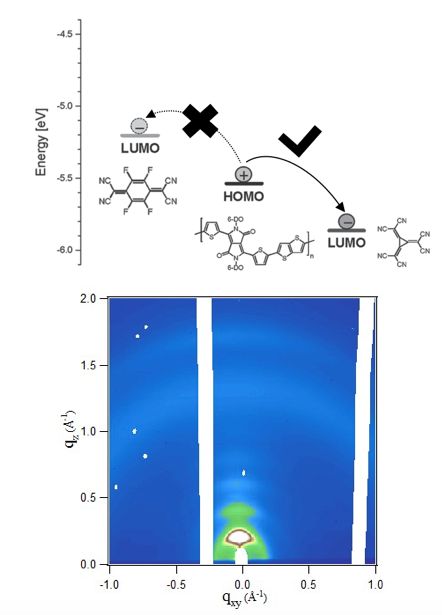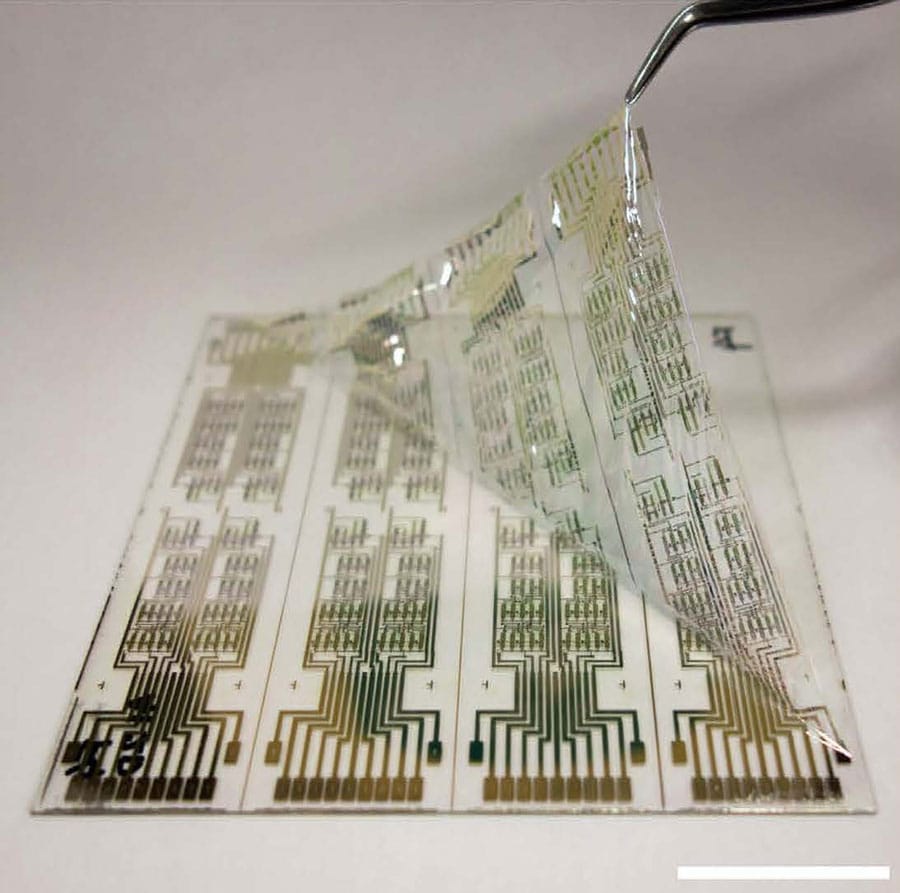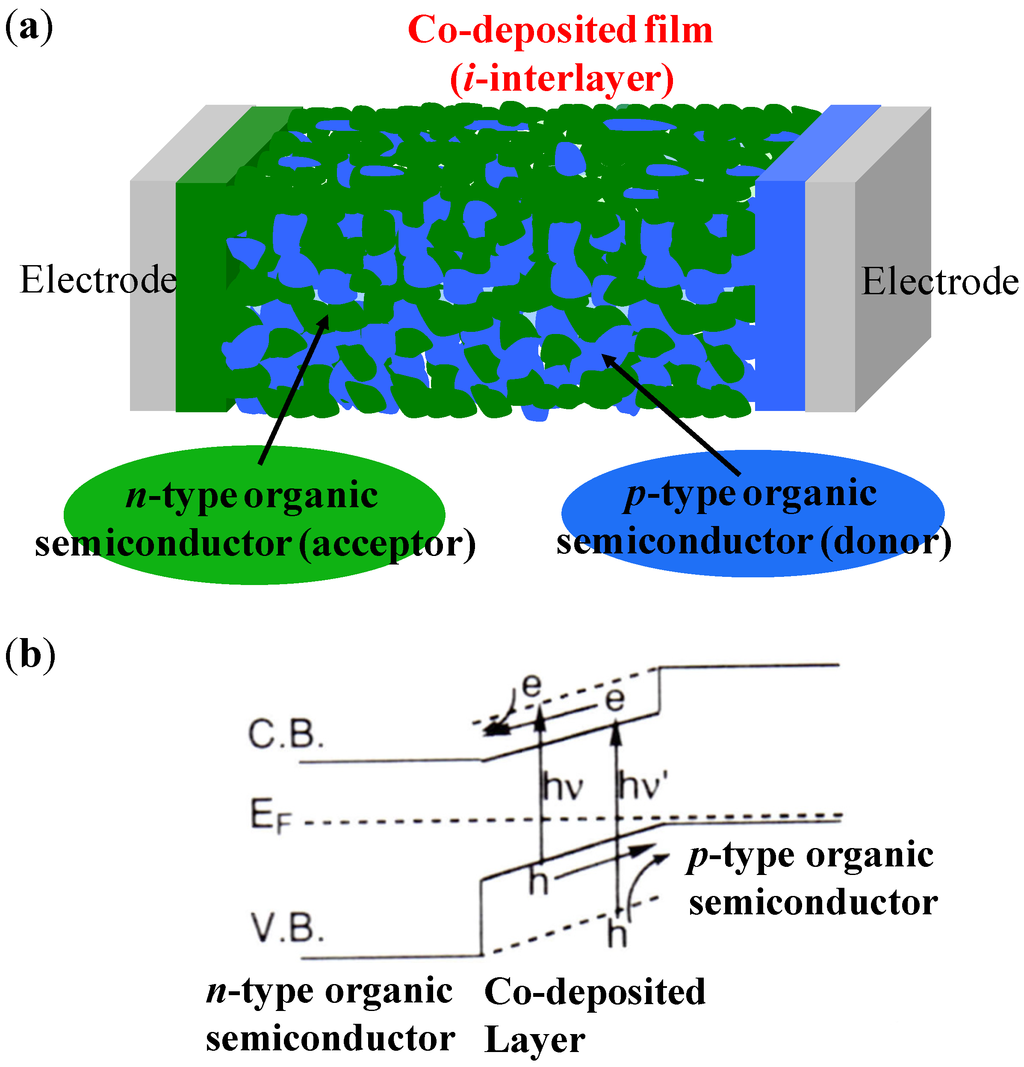Electronic Products TechnologyElectronic Circuit Diagram This brief provides an overview of recent advancements in printed flexible electronics, focusing on both circuit design and emerging applications of organic thin film transistors, including radio-frequency identification, organic sensors and their electronic interfaces. Printed circuits are low cost and large area, and thus enable applications where silicon-based circuits are either too

7.2.1.3 Organic electronics. For dozens of years, discussion has been ongoing on an unseen industrial techno-economic semiconductor - organic electronics.Organic electronics could be a technological revolution for the production of more ecological and cheaper semiconductors, equipped with more properties, notably for energy recovery, display (which has begun in televisions and flexible Organic CMOS logic circuit. Total thickness is less than 3 μm. Scale bar: 25 mm. Organic electronics is a field of materials science concerning the design, synthesis, characterization, and application of organic molecules or polymers that show desirable electronic properties such as conductivity.Unlike conventional inorganic conductors and semiconductors, organic electronic materials are Organic Electronics is a new field of electronics in which the structures that are used are based on organic materials: dielectric, conductive or OP-AMP circuit design External in DEMO2_V1, integrated in DEMO2_V2 External load (due to test equipment) External biasing . OP-AMP layout

PDF Organic Electronics: Devices, Circuits and Applications Circuit Diagram
The further development of these devices and circuits will require fundamental studies on the physics and modelling of the organic transistors, the design of improved semiconductor materials, the the improvements of organic electronics. In the first part, I explore device engineering for organic thin film transistors (OTFTs). An OTFT circuit design methodology is proposed to enable accurate analysis and verification in the design stage. Various topologies of digital circuits such as complimentary and unipolar OTFT Organic Electronics Design is a specialized field that focuses on creating electronic devices and circuits using carbon-based organic materials and polymers, representing a significant departure from traditional silicon-based electronics. This innovative approach to electronics engineering combines principles of organic chemistry, materials

Flexible electronic devices in biomedicine, environmental monitoring, and brain-like computing have garnered significant attention. Among these, organic electrochemical transistors (OECTs) have been spotlighted in flexible sensors and neuromorphic circuits for their low power consumption, high signal amplification, excellent biocompatibility, chemical stability, stretchability, and flexibility
